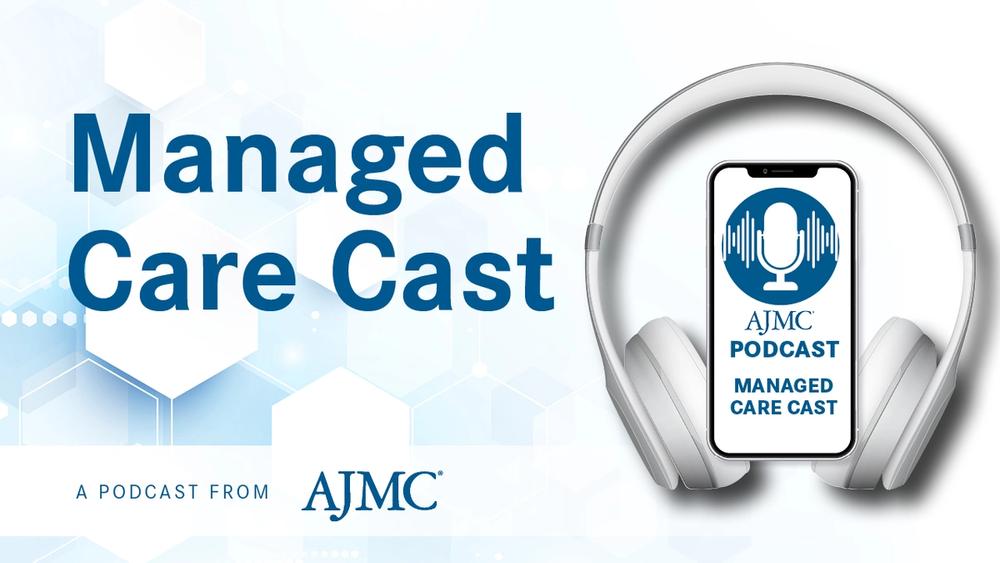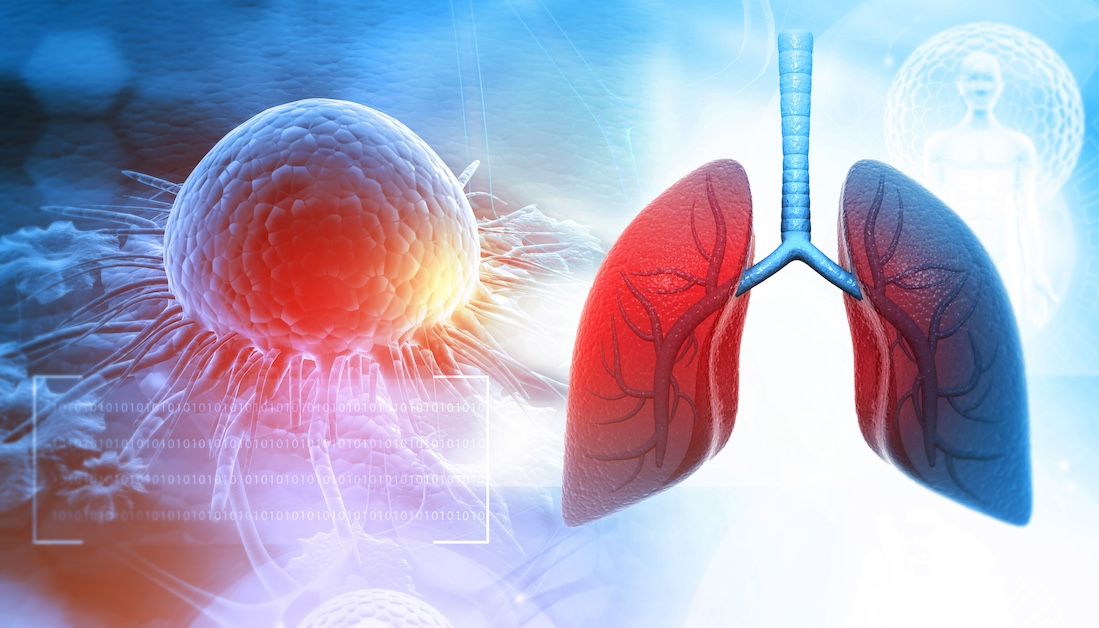Video
Robby Booth of Glytec Discusses the Importance of Data-Sharing Capabilities
Data-sharing capabilities are important for faster communications and results that can greatly benefit the patient, says Robby Booth, senior vice president of research and development at Glytec.
Data-sharing capabilities are important for faster communications and results that can greatly benefit the patient, says Robby Booth, senior vice president of research and development at Glytec.
Transcript (slightly modified)
How has Glytec formed partnerships to advance data-sharing capabilities with primary care physicians and endocrinologists?
Over the past few months, there have been some announcements that we’ve made. We have a partnership now with AgaMatrix, which is a Bluetooth glucose meter, to be able to capture their data from the cloud. We have a partnership with Livongo, which is a cellular meter, so we can capture that data from their cloud. Also, we have a partnership with Telcare, which is also a cellular meter.
So, if you think about patients at home, they’re testing their blood sugar, they come into their doctor’s office every 3 months, they do a data download, the physician will look at the printout, and will try to make an insulin decision. Now that all of that data is available in the cloud, it can be acted upon sooner with a higher frequency. That means we can titrate patients to go quicker instead of if a patient needs 3 or 4 titrations to get into goal, to get their A1c under control. Instead of that taking a year or a year-and-a-half, we have data now that says we can do it in 11 days or 12.5 days we also published. We want to get that patient titrated to goal as quickly as possible and being able to do that remotely, it’s really critical to have that data from the patient that is testing in the home environment.
Why is it important to be able to transmit and receive data that can interact with electronic health records?
The company has been around for 11 years. We started very much focused in the critical care environment. Over the years we’ve really shifted our strategy, we started treating the non-critical care patients, number of FDA clearances over the year, and IV to subcutaneous, transition from the hospital to the home.
One of our core competencies that we’ve developed over that time, is being able to integrate with the electronic health record. We’ve worked with a number of them Epic, Cerner, Allscripts. I’d say most of our clients are on Epic or Cerner and it’s a tremendous effort and one that we’ve developed a lot skill around. We have an entire integration engineering team they are 100% focused on those issues.

The Importance of Examining and Preventing Atrial Fibrillation




